Emmanuel Hadoux
Strategic Argumentation Dialogues for Persuasion: Framework and Experiments Based on Modelling the Beliefs and Concerns of the Persuadee
Jan 28, 2021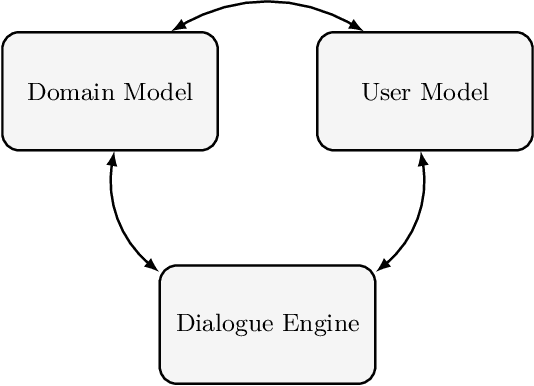
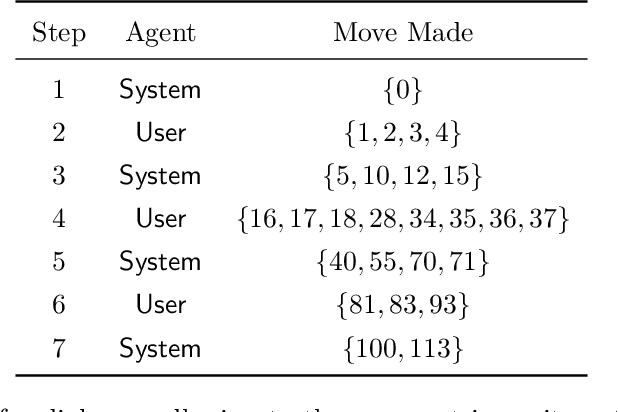

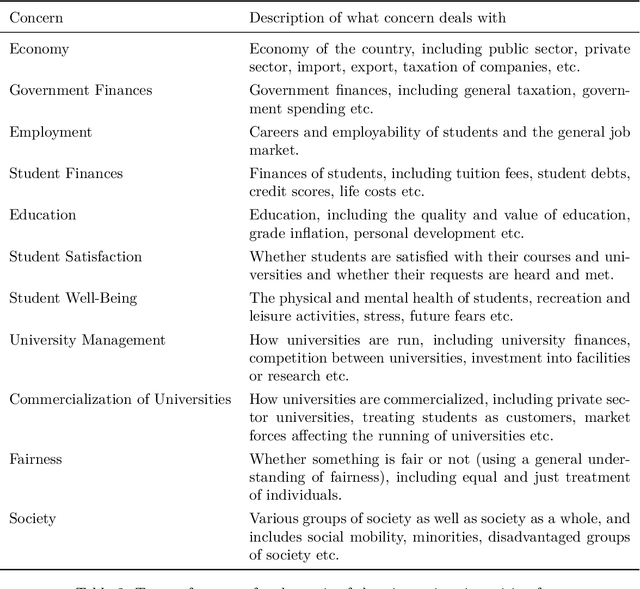
Abstract:Persuasion is an important and yet complex aspect of human intelligence. When undertaken through dialogue, the deployment of good arguments, and therefore counterarguments, clearly has a significant effect on the ability to be successful in persuasion. Two key dimensions for determining whether an argument is good in a particular dialogue are the degree to which the intended audience believes the argument and counterarguments, and the impact that the argument has on the concerns of the intended audience. In this paper, we present a framework for modelling persuadees in terms of their beliefs and concerns, and for harnessing these models in optimizing the choice of move in persuasion dialogues. Our approach is based on the Monte Carlo Tree Search which allows optimization in real-time. We provide empirical results of a study with human participants showing that our automated persuasion system based on this technology is superior to a baseline system that does not take the beliefs and concerns into account in its strategy.
Domain Modelling in Computational Persuasion for Behaviour Change in Healthcare
Feb 27, 2018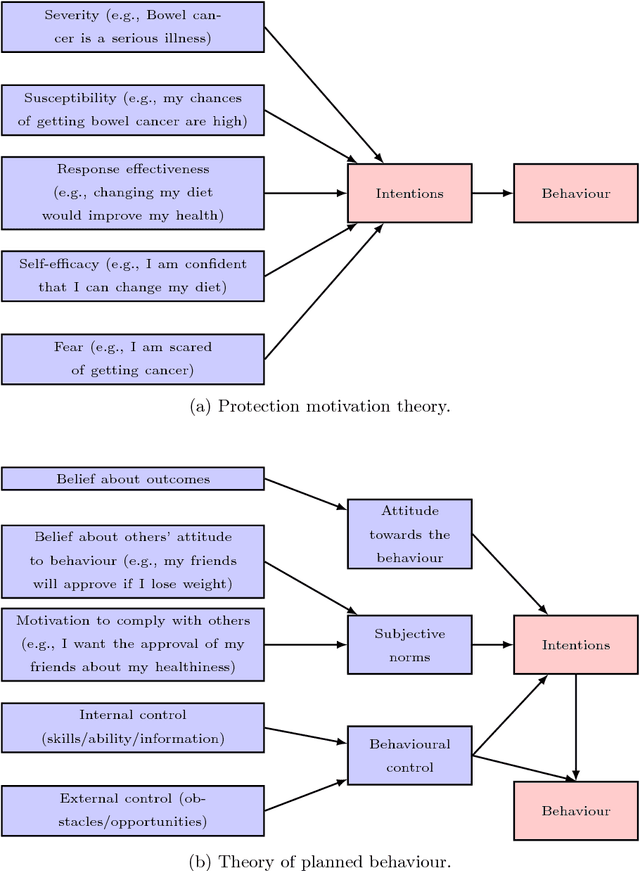
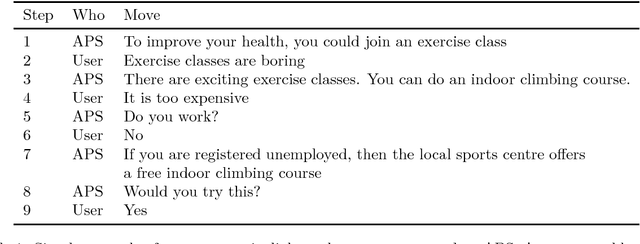
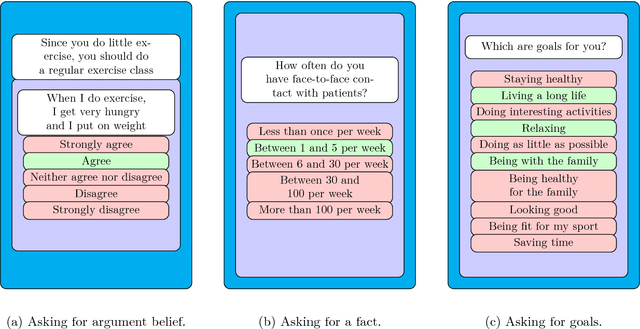

Abstract:The aim of behaviour change is to help people to change aspects of their behaviour for the better (e.g., to decrease calorie intake, to drink in moderation, to take more exercise, to complete a course of antibiotics once started, etc.). In current persuasion technology for behaviour change, the emphasis is on helping people to explore their issues (e.g., through questionnaires or game playing) or to remember to follow a behaviour change plan (e.g., diaries and email reminders). However, recent developments in computational persuasion are leading to an argument-centric approach to persuasion that can potentially be harnessed in behaviour change applications. In this paper, we review developments in computational persuasion, and then focus on domain modelling as a key component. We present a multi-dimensional approach to domain modelling. At the core of this proposal is an ontology which provides a representation of key factors, in particular kinds of belief, which we have identified in the behaviour change literature as being important in diverse behaviour change initiatives. Our proposal for domain modelling is intended to facilitate the acquisition and representation of the arguments that can be used in persuasion dialogues, together with meta-level information about them which can be used by the persuader to make strategic choices of argument to present.
 Add to Chrome
Add to Chrome Add to Firefox
Add to Firefox Add to Edge
Add to Edge